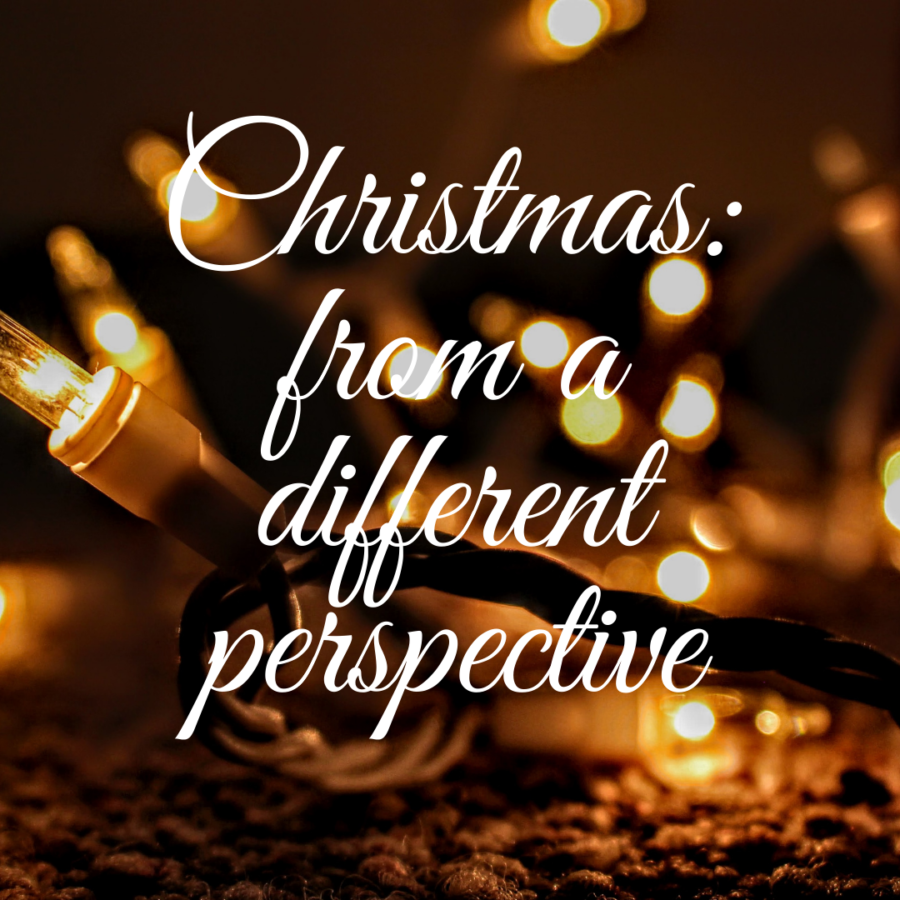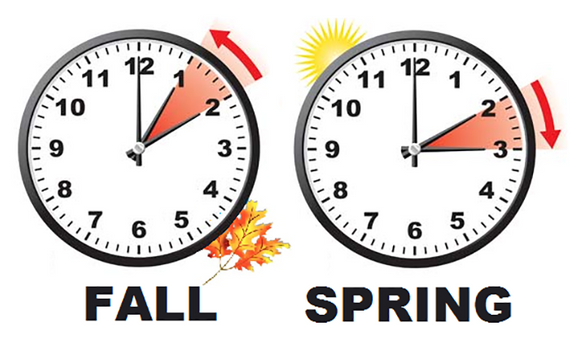The Antithetic Viewpoint Surrounding Christmas
Christmas. Most people associate the connotation behind this word with a cheerful, merry feeling spent with family and friends. As fall slowly fades into winter, the majority of the populous immediately begins to divert their attention right over to Christmas, oftentimes even neglecting Thanksgiving. Particularly, the reason a myriad of people worldwide equate this holiday as their favorite derives from the holiday’s nostalgia.
Progressing, as children grow into adulthood, they recollect pervading memories of this holiday from their childhood. Reminiscing, they ponder their childhood traditions, the music they listened to around this time of year, their decorations, famous dishes, and the symbolic figure of Christmas, Santa. When deliberating of all the reasons Christmas is important to them, they may instantaneously remember the aforesaid from childhood and yearn to relive these times, possibly remaking these memories for their own children.
Unequivocally, for most people, the holiday, Christmas, dominates any other holiday season. This is not the case for some people, however. Staggering research regarding the amounts of pessimism and melancholy equated with the holiday has incrementally increased throughout the decades as it can be a time fraught with loneliness and solemn self-reflection.
Primarily, a burgeoning amount of people view Christmas as a despondent holiday in contribution to the isolation surrounding the holiday. Instead of having an uplifting, nostalgic sentiment, people who are isolated are conflicted with adverse nostalgic flashbacks, void of comfort. However, these negative mentalities do not allude that someone is a “Scrooge.”
In most cases, these viewpoints can be justified for a range of reasons, including “…the death of a loved one, living too far from relatives, or possibly because of social isolation” (Lonely at Christmas 1). Furthermore, if one is lonely and has no relatives or loved ones to spend this day with, they are more inclined to dislike the holiday. Deeply intensified, the absence of loved ones can be greatly magnified during this season: they may be constantly reminded of their loneliness during this time of year as they spectate cheerful families having fun, people attending Christmas parties, and people enjoying holiday festivities.
Oftentimes, being lonely around this time of year can have more jeopardizing outcomes than one may think. Constant loneliness can destruct one’s mental health, which, in a snowball effect, can lead to prolonged physical health complications. Isolation can be heart wreaking, and for some people, not just figuratively but also literally. To further explain, in adverse cases, researchers found that people who are lonely and isolated are more prone to have a heart attack or holiday heart syndrome, juxtaposed to people with personal networks who are accompanied by family (Lonliness Can Actually Hurt Your Heart 3).
Likewise, people view Christmas as a depressing holiday due to the solemn self-reflection the holiday can produce. In particular, self-reflection can frequently add to the painful reminder of their loneliness. To epitomize, a person may recollect upon the moments shared with a loved one during the holiday season and be sentimentally hindered by the reality that they can no longer relive these treasurable moments.
Uprising, the whirlwind of societal expectations during this time of year can make one’s place in the world feel more amplified and tumultuous. Symbolically, society’s holiday expectations represent “a cultural push and pull toward ‘idealized togetherness’” (What the Grinch and Expectations have in Common 2). On account of the media, people are saturated with higher expectations to celebrate this season with groups of people; isolated people view segments of the population spending the holiday the way they could only dream of spending it, which can be an incessant reminder of their distain for the holiday. Evidently, the parallel to celebrating Christmas with “idealized togetherness” can cause intense self-pondering, as one may be made cognizant of just how lonely they truly are. Ultimately, the surfacing of these lonely remembrances and disappointment can make it increasingly difficult for people to embrace the upsides of the season.
On a final note, as Christmas approaches, be aware of those who may be lonely, and try to combat the isolation they feel over the holiday period. Simply chatting with a neighbor, picking up the phone to wish someone a “Merry Christmas,” and sparing a chair at dinner may be all it takes to turn one’s miserable Christmas into a wonderful one! : )
Sources
https://www.hqtherapy.com/remembering-dealing-loneliness-anxiety-depression-christmas/
https://www.theartofsimple.net/let-go-of-christmas-expectations/
https://www.google.com/amp/s/time.com/5212558/loneliness-social-isolation-heart-health/%3famp=true
Your donation will support the student journalists of Poland Seminary High School. Your contribution will allow us to purchase equipment and cover our annual website hosting costs.











